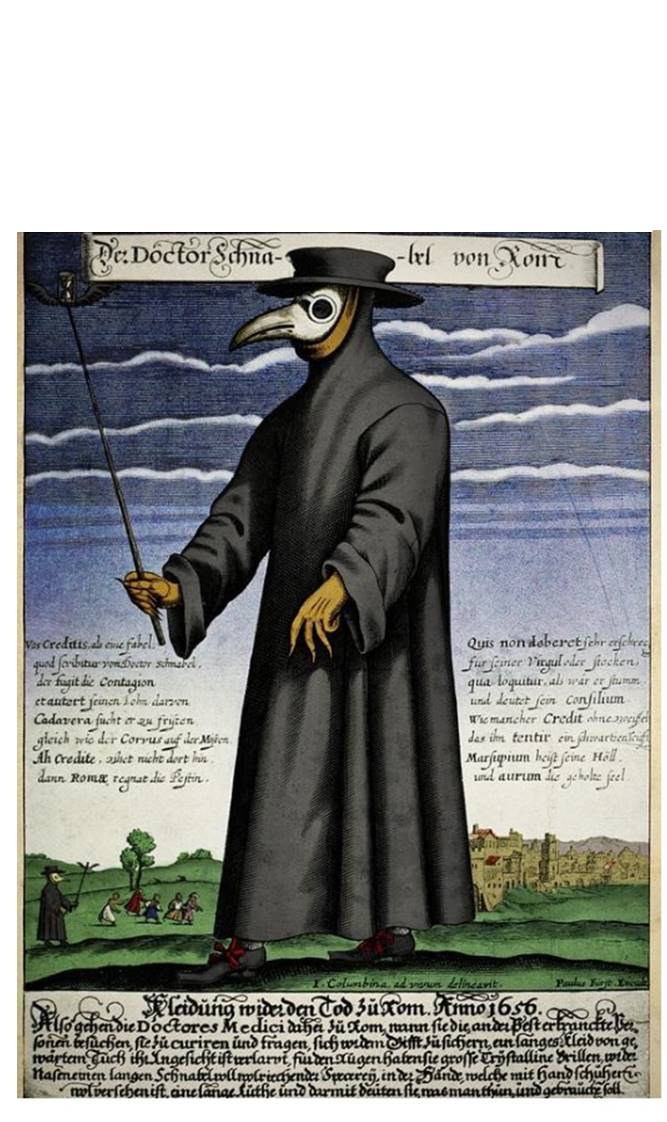The advancing season – Unexpected benefits of the Pfizer vaccine – Lockdown in Norway – Problems with the AstraZeneca vaccine – Vaccine rollout in Brazil – Evening statistics
The temperatures are somewhat more seasonal today – but still in the mid 40s, which is not particularly chilly for the last week of winter. Spring continues apace. Magnolias are starting to bud and a few daffodils are in full flower. The crocuses are already beginning to droop; theirs is a brief bloom. Hyacinths are beginning to shoot up in my garden. The surface serenity is to some extent reflected by the national headlines, which for the past several days have contained relatively little scandal or violence. International news, as will be seen, is another matter.
There are promising reports of the Pfizer vaccine. Even a single dose is 71.4% effective in preventing hospitalizations from the virus, so as I pass into the second week after receiving the vaccine my chances of getting severely ill from the COVID virus have been significantly reduced. Also, the Israeli Ministry of Health confirmed that the Pfizer vaccine is effective in preventing inoculated persons from spreading the disease, even when they are asymptomatic. That has always been a concern of mine: that I might contract the disease without knowing it and then transmit the virus to my mother’s assisted living facility during a visit. I can feel easier about my visits there now. The vaccine has another characteristic which, however, does not affect me directly: it may be less effective with obese people.
Oslo will close all middle and high schools and limit visitors in private homes to two people until early April. Norway has had a relatively low rate of infection but recently the rate has accelerated and medical experts say that the country is undergoing a third wave of the virus. Stricter measures will be implemented for 52 municipalities surrounding the capital region, including the closure of non-essential shops and in-restaurant dining, although schools will remain open.
Part of Norway’s difficulties result from issues connected with the AstraZeneca vaccine. This vaccine is not used here currently (its manufacturers are expected to apply for authorization in two or three weeks), but it is one of three that are being deployed throughout continental Europe. Reports have indicated that they have led to dangerous blood clots in some recipients, although the company and European regulators claim that these are not a direct result of the vaccine. The number of people who developed blood clots is small: 37 reports of blood clots out of more than 17 million people vaccinated in the 27-country European Union and Britain. Nonetheless many countries have now placed the vaccine on hold, including Denmark, Ireland, the Netherlands, Norway, Iceland, Bulgaria, Germany, France, Italy and Spain. Outside of the EU, Thailand and Congo are holding off on the AstraZeneca vaccine as well.
Health Minister Eduardo Pazuello said today that Brazil has ordered 100 million doses of the Pfizer vaccine and another 38 million of the Johnson & Johnson vaccine, seeking to accelerate the hard-hit country’s lagging immunization campaign. Only about 4.6% of the national population has received at least one vaccine dose. Matters have not been helped by President Bolsanaro, who refuses to get vaccinated himself and encourages others to follow his example. Brazil’s rate of infection is lower than ours, but it is still well over 5% of the population (and this data may be under-reported). Its hospital system, however, is in much worse condition than ours. ICU occupancy is above 80% in 21 of Brazil’s 26 states and above 90 % in 14 of these. There are many reports of patients dying as they wait for beds to become available.
Martial law has been declared in Yangon, the largest city of Myanmar. The number of protesters who have been killed by the militia is now approaching 140. At least 56 died this weekend, including 34 in the Yangon region. The escalating violence has actually elicited a complaint from the Chinese Embassy – against the protesters. In the course of the protests several factories for the garment industry, which is a major exporter for Myanmar, were torched by unknown perpetrators. The majority of these factories are Chinese-run, so the concern of the Chinese ambassadors is understandable. Property owned by their countrymen must be preserved at all costs; the fact that several dozen people are being slaughtered in as a result of a military coup is an accident for which they are not accountable.
Today’s statistics as of 8:00 PM – # of cases worldwide: 120,747,285; # of deaths worldwide: 2,671,183; # of cases U.S.: 30,135,857; # of deaths; U.S.: 547,963. Even though the figures are still much too high, it is a pleasure to record the fact we have had less than 1,000 deaths per day for several days running. Just a couple of months ago 3,000 deaths per day was not uncommon. And we are accounting now for 13.5% of the new COVID cases and 12.3% of the deaths worldwide; our rates with respect to the world’s nations has been nearly halved.
